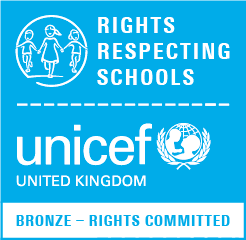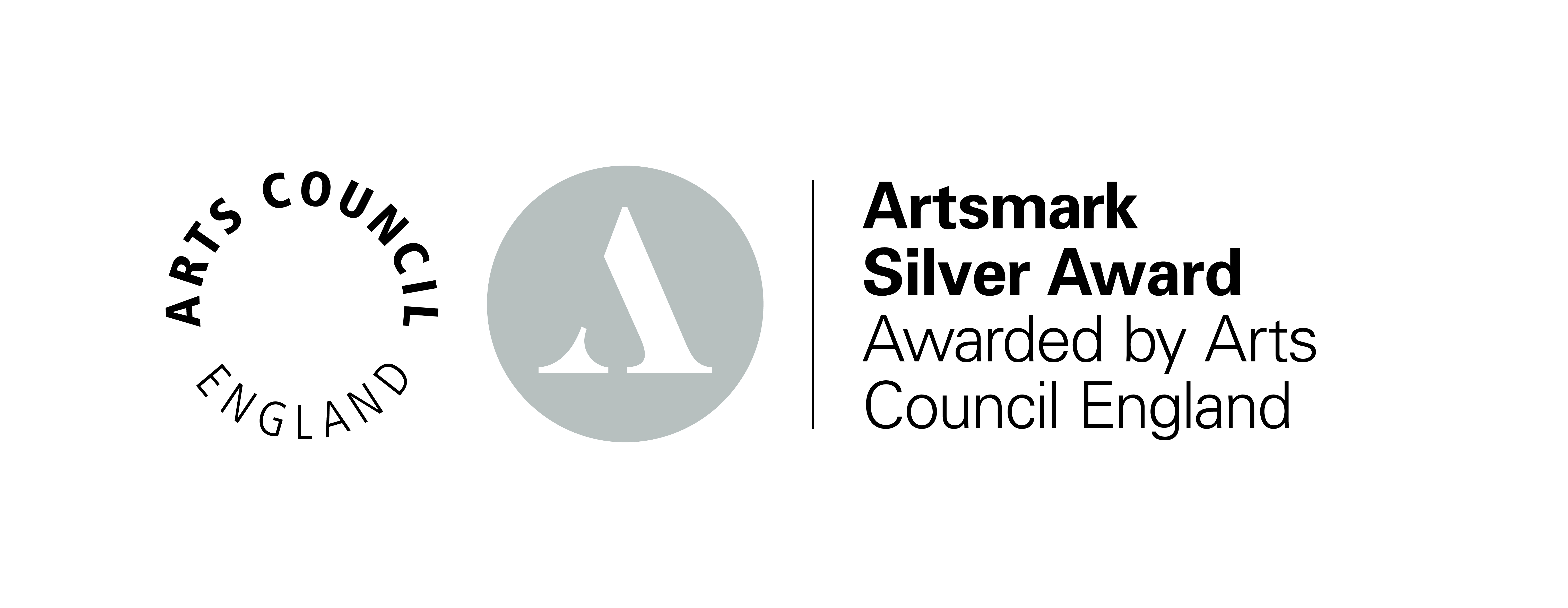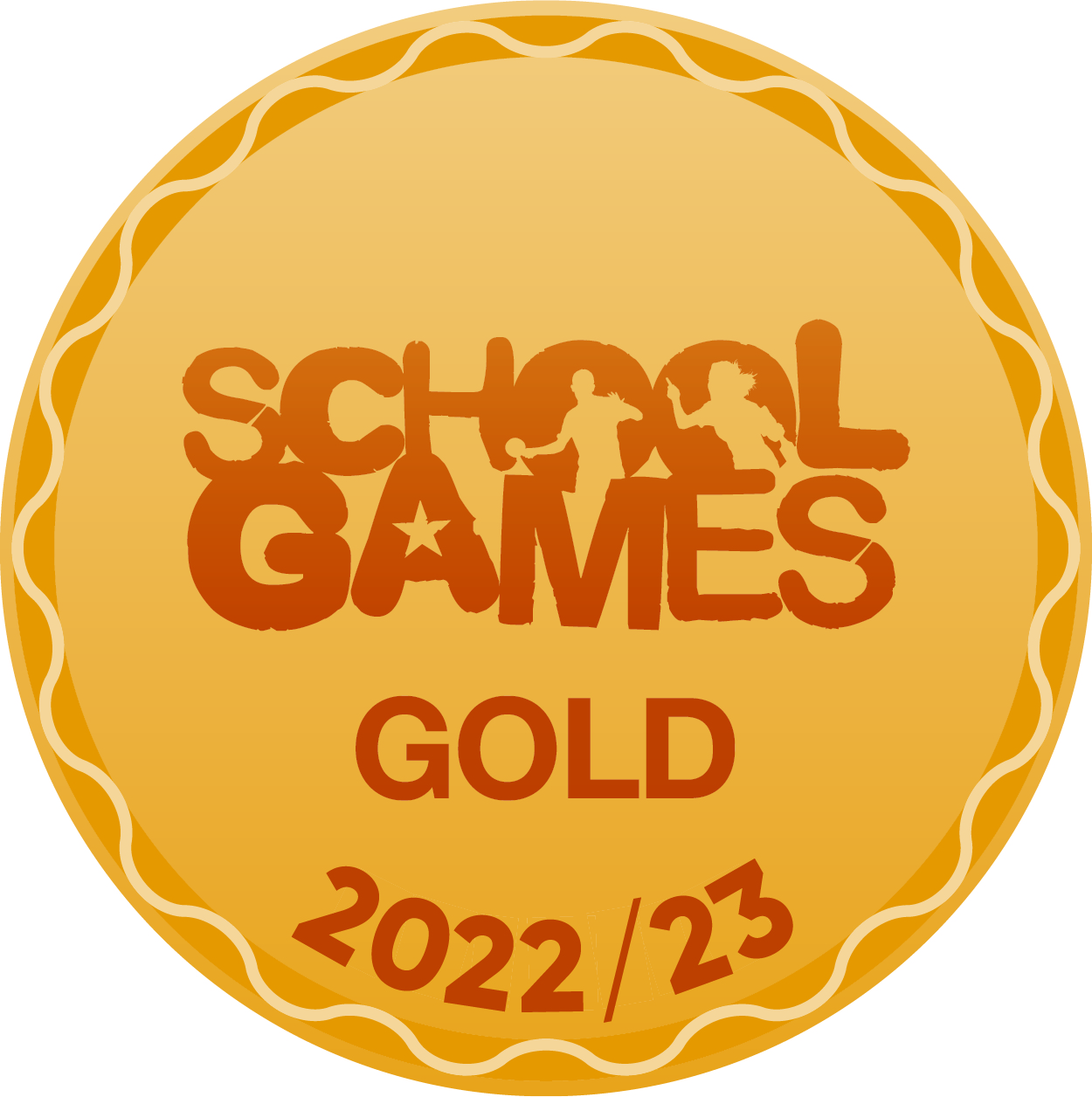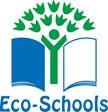English at Belmont
Intent
At Belmont Academy, we secure excellence in English achievement throughout the school. We develop children’s abilities within a cross curricular programme of Speaking & Listening, Reading and Writing to develop English skills that will enable them to transition into the world beyond their primary school, delivered through a range of socially and culturally diverse texts. Our practice is underpinned by our commitment to the inclusion of all pupils ensuring they are given opportunities to develop their knowledge, understanding and use of spoken and written English, regardless of their starting point.
Implementation
In Reading:
- Children are taught decoding through a validated SSP programme (Little Wandle) that secures the foundations of early reading skills.
- Children are taught to read on a daily basis through explicit teacher direction.
- Children are exposed to high quality texts throughout their primary education.
- Comprehension and understanding is achieved through a broad range of high-quality teaching strategies.
- Assessment allows for the swift identification of pupils at risk of falling behind and effective interventions are implemented
- Teachers create an environment that promotes and encourages a love of reading
In Writing:
- Implement effective pedagogical strategies including a core text approach, shared writing, teacher modelled writing, writing at length and Talk for Writing
- Children are taught to apply their phonics to spell and build an ever increasing repertoire of sight vocabulary
- Children are taught to write for a range of purposes, audiences and genres, linked to a range of contexts, including personal experiences
- Spelling, Punctuation and Grammar is taught discreetly and is embedded in the writing process allowing pupils to apply skills accurately and in context
- Editing and proofreading allows children to review and improve the quality of their work
- Handwriting is explicitly modelled and taught, and the use of media allows for a varied form of transcription
- Assessment allows for the swift identification of pupils at risk of falling behind and effective interventions are implemented
Impact
The intended impact of the English curriculum is that children will:
In reading, children will:
- Read fluently, demonstrating confidence and understanding
- Read for pleasure and enjoyment
- Demonstrate a broad and adventurous vocabulary and show an interest in words and their meanings
- Express their ideas, views and opinions about a wide range of topics and texts
- Pass the phonics screening check by the end of KS1
In writing, children will be able to:
- Use a range of effective spelling strategies, including phonetically plausible attempts at unknown words
- Apply their skills across a range of genres and be able to apply characteristic features of texts to their own writing
- Have a good knowledge of how to adapt their writing based on the context and audience
- Use technical and rich vocabulary
- Apply appropriate grammatical features
- Write at length to explore and develop their own ideas
- Demonstrate their creativity and imagination within writing
- Use a clear, legible handwriting style that promotes fluency and secures high standards of presentation










